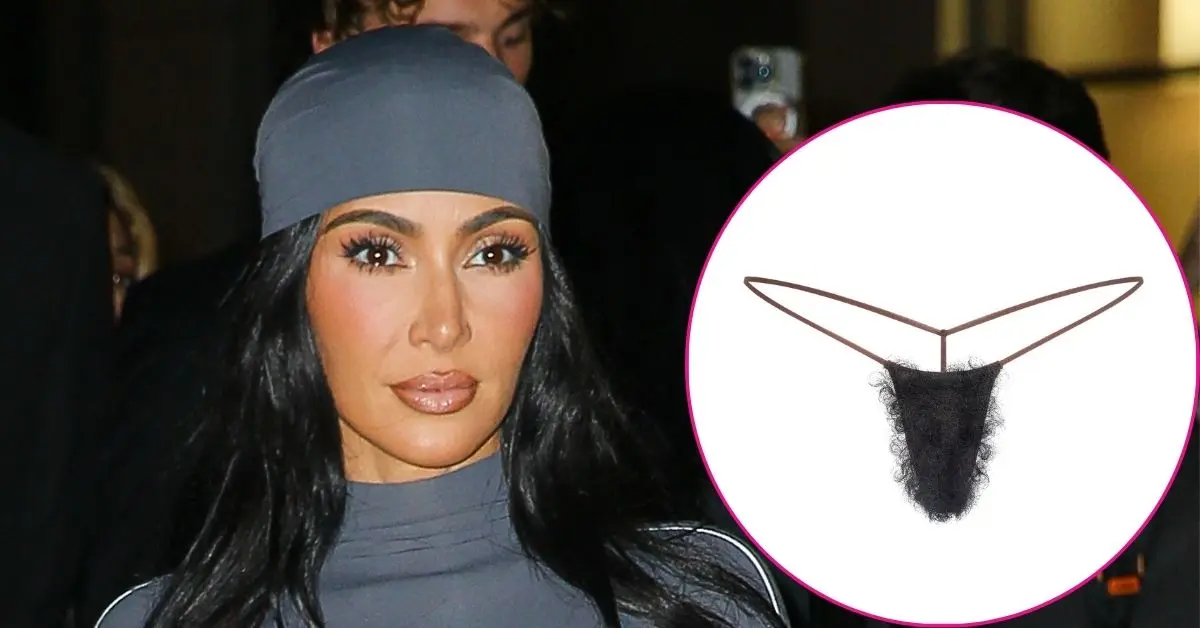In a groundbreaking move for Mexico's electoral system, the country is set to hold its first-ever nationwide elections for judges, a decision that has reshaped the landscape of judicial campaigning. With nearly 2,700 positions across federal and state courts up for grabs, candidates, including those vying for the Supreme Court, have been forced to think outside the box due to stringent campaign regulations. Traditional advertising methods such as television, radio, and billboards are prohibited, leaving social media as the primary tool for outreach.
Given the restrictions, including limitations on campaign financing and contributions, candidates like Carlos Odriozola Mariscal have turned to platforms like Tinder to engage potential voters. Odriozola, a human rights lawyer, humorously highlighted that these unconventional methods might allow voters to "match" with appropriate justice while also discussing pertinent issues facing the judicial system.
Others have taken creative liberties with their online personas: candidates showcase their personalities, such as one who compared his experience to the fried pork served on street corners, while another rebranded herself after a beloved children's character, thus attempting to stand out in a crowded field. The elections scheduled for Sunday could redefine the judicial sector in Mexico as candidates navigate this unique digital landscape while appealing to the electorate through engaging, sometimes comical, social campaigns.
Given the restrictions, including limitations on campaign financing and contributions, candidates like Carlos Odriozola Mariscal have turned to platforms like Tinder to engage potential voters. Odriozola, a human rights lawyer, humorously highlighted that these unconventional methods might allow voters to "match" with appropriate justice while also discussing pertinent issues facing the judicial system.
Others have taken creative liberties with their online personas: candidates showcase their personalities, such as one who compared his experience to the fried pork served on street corners, while another rebranded herself after a beloved children's character, thus attempting to stand out in a crowded field. The elections scheduled for Sunday could redefine the judicial sector in Mexico as candidates navigate this unique digital landscape while appealing to the electorate through engaging, sometimes comical, social campaigns.





















